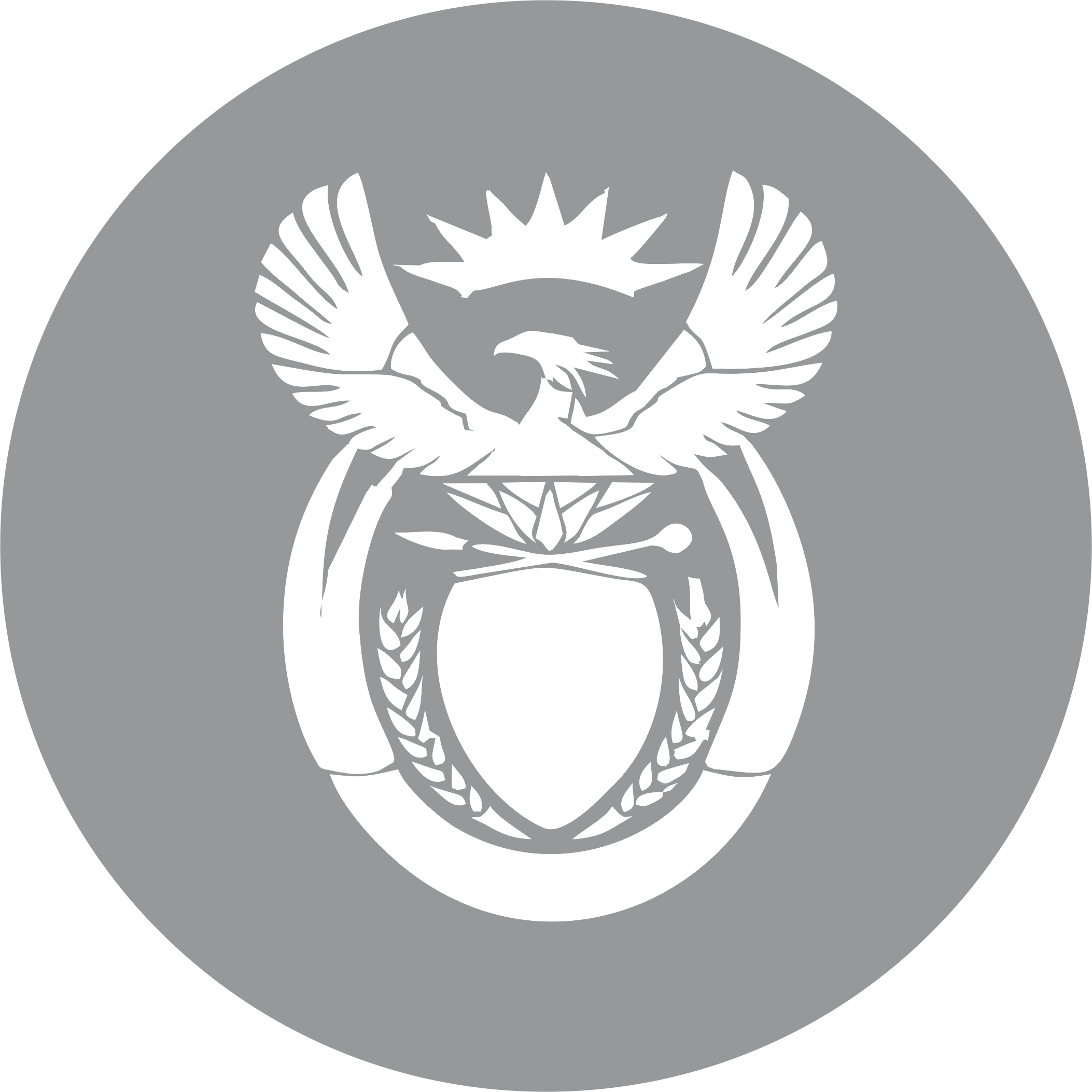
13 Feb How to Prepare a CV with Little or No Work Experience
How to Prepare a CV with Little or No Work Experience: Essential Tips for Job Seekers
If you’re just entering the job market and don’t have much (or any) work experience, crafting a CV can feel like a daunting task. However, don’t let this discourage you. A strong CV isn’t just about showcasing years of professional experience—it’s about presenting your skills, potential, and enthusiasm in a way that attracts employers. With the right strategy, you can create a compelling CV that gets noticed, even if you’re starting with minimal experience.
Here are a few practical tips to help you prepare a standout CV for your first job.
-
Emphasize Your Education
When you’re just starting out, your education will likely be your most relevant experience. Be sure to list your qualifications in a clear and organized way, showcasing achievements that relate to the job you’re applying for first.
Tips:
- Include relevant coursework: If you studied subjects directly relevant to the job, list them. For example, if you’re applying for a data analyst role, courses like statistics, data analysis, and programming are worth mentioning.
- Highlight academic achievements: If you earned honors, awards, or received special recognition, make sure to include this. Even a high marks in your matric, it can be a plus, especially if you’re just starting your career.
- Show certifications: If you’ve completed any online courses or earned certifications (e.g., Google Analytics, Microsoft Office), be sure to list them!
-
Focus on Transferable Skills
Even without work experience, you likely have valuable skills gained from school projects, volunteer work, internships, or even extracurricular activities. Employers are often more interested in your skills and ability to learn than your work history.
Tips:
- Identify transferable skills: These could include communication, leadership, time management, teamwork, and critical thinking. They are crucial in any role, regardless of the industry.
-
Highlight Volunteer Work, Student Work and Extracurricular Activities
When you are starting out, all experience is important to mention. If you volunteered, were a barman/ waiter/ promoter while studying, or played a role on a committee. These experiences can demonstrate your commitment, reliability, and ability to work in a team or independently.
Tips:
- List any achievements in these roles: If you were selected for a national/ international team, were recognised for excellent customer service or received a community award- it is important to mention them all.
- Include extracurricular activities: Clubs, sports teams, and student organizations show that you’re well-rounded, motivated, and have strong interpersonal skills.
-
Showcase Your Technical Skills
In today’s job market, many roles require technical knowledge, whether it’s proficiency in software, basic coding, or graphic design. Even if you’re a beginner, it’s important to highlight any technical skills you’ve developed through school or personal projects.
Tips:
- Include software and tools you know: Programs like Microsoft Office, Google Suite, Adobe Creative Suite, and project management tools (e.g., Trello, Asana) are in demand.
- Mention coding languages: If you’ve learned any coding languages (e.g., HTML, Python, Java), add them to your CV.
- Demonstrate your passion: If you’re actively working on improving your skills, mention this, such as through online courses or personal projects.
- Start compiling a portfolio of your work. Showing prospective employers a website/ app you have developed, social media posts, mechanical drawings, etc. of your skills, is far more powerful than words.
-
Tailor Your CV for Each Job Application
One of the most important steps when preparing your CV is tailoring it to each specific job. Research the job description carefully and ensure that your CV reflects the skills, qualifications, and attributes the employer is seeking.
Tips:
- Match keywords: Use the same language and keywords found in the job description. Many companies use Applicant Tracking Systems (ATS) to screen CVs, so including the right keywords can improve your chances of passing the initial filter.
- Focus on the right skills: If the job emphasizes communication skills, make sure your CV showcases your ability to present ideas clearly.
-
Keep It Concise and Professional
Even if you have limited experience, your CV should be clear, concise, and professional.
Tips:
- Use bullet points: Bullet points help break up the text and make it easier for recruiters to scan your CV quickly.
- Use a professional font: Stick with fonts like Arial, Calibri, or Times New Roman, and keep the font size between 10 and 12 points.
Crafting a CV with little or no work experience might seem challenging, but with the right approach, you can create a powerful document that highlights your strengths, skills, and potential. By focusing on your education, transferable skills, volunteer work, and technical abilities, you can show employers that you have what it takes to thrive in the job market. Tailor your CV for each job, stay persistent, and remember that your first job is just the beginning of your career journey!
Good luck, and don’t forget to keep learning and growing. You’ve got this!
#JobSearchTips
#FirstJob
#CVTips
#CareerAdvice
#JobSeekers
#EntryLevelJobs
#CareerGoals
#JobHunt2025
#FreshGraduates
#ResumeTips
#CareerDevelopment



